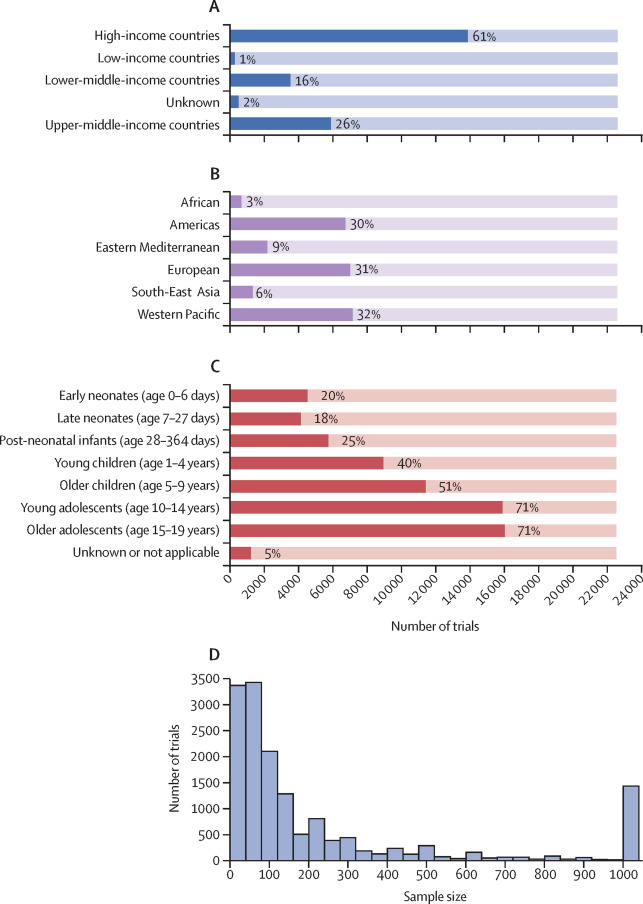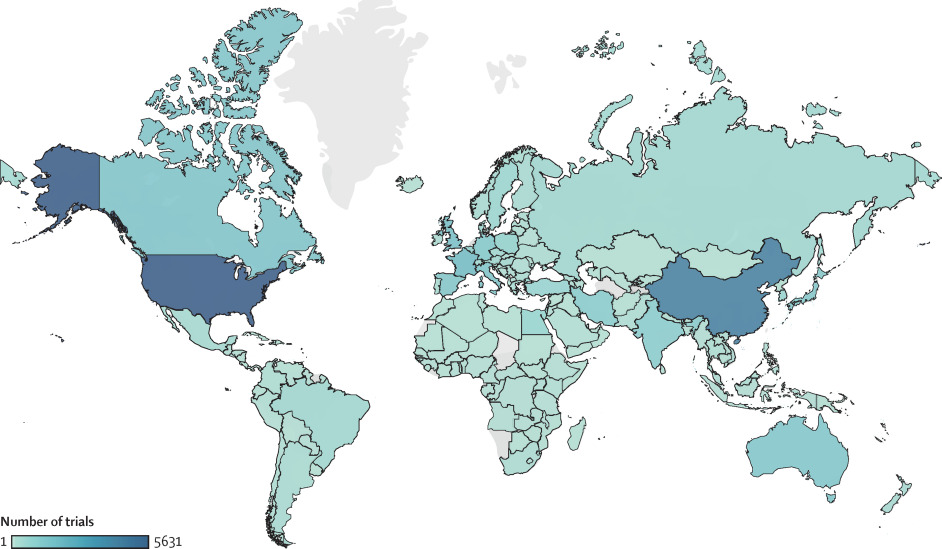Public Health
606 readers
27 users here now
For issues concerning:
- Public Health
- Global Health
- Health Systems & Policy
- Environmental Health
- Epidemiology
- etc.
🩺 This community has a broader scope so please feel free to discuss. When it may not be clear, leave a comment talking about why something is important.
Related Communities
- Medical Community Hub
- Medicine
- Medicine Canada
- Premed
- Premed Canada
- Public Health (📍)
See the pinned post in the Medical Community Hub for links and descriptions. link ([email protected])
Rules
Given the inherent intersection that these topics have with politics, we encourage thoughtful discussions while also adhering to the mander.xyz instance guidelines.
Try to focus on the scientific aspects and refrain from making overly partisan or inflammatory content
Our aim is to foster a respectful environment where we can delve into the scientific foundations of these topics. Thank you!
founded 2 years ago
MODERATORS
26
27
50
Avoidable deaths are on the rise in the United States, yet falling in many peer nations | ScienceDaily
(www.sciencedaily.com)
28
29
30
31
32
33
35
36
37
38
39
40
41
42
43
44
45
46
4
Adopting zero-emission trucks and buses could save lives, prevent asthma [Chicago}
(www.sciencedaily.com)
47
48
7
Experts reveal why deadly fires happen in nightclubs after North Macedonia tragedy | The Independent
(www.independent.co.uk)
49
50


